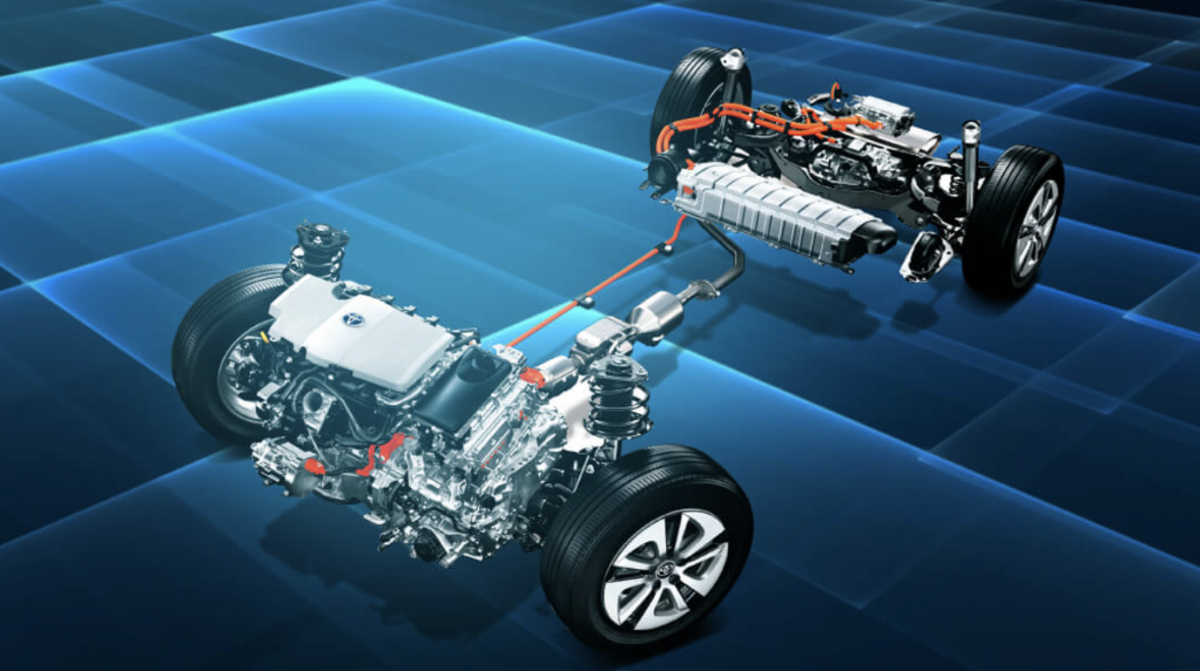

Based on the information from sources, Toyota has begun manufacturing its 1.5-litre and 2.0-litre hybrid engines in India. Toyota will use these engines to likely power their upcoming mid-size SUV, rivalling the Hyundai Creta and the next-gen Innova. However, sources suggest that the automaker is building the hybrid engines in limited quantities with only a handful per week. Currently, Toyota is spending their time testing and optimising the newly-built engines before they ramp up production after the testing phase.
It has been evident for quite some time now that Toyota and Maruti Suzuki share their vehicles across their portfolios. In India, Toyota sells the rebadged versions of Maruti Suzuki’s Baleno and Vitara Brezza, known as the Glanza and Urban Cruiser. Based on this global partnership, sources suggest that the two companies are preparing themselves to enter the Indian EV segment.
Over the years, Toyota has perfected the art of building hybrid powertrains for their vehicles on a global scale. Therefore, Toyota aims to improve its partnership with Maruti Suzuki by sharing their respective technologies and costs together in India. Toyota currently offers a hybrid powertrain via the recently refreshed 2022 Camry luxury sedan for the Indian market.
Reports claim that Toyota India will utilise the new pair of hybrid engines on their upcoming mid-size SUV, codenamed D22. With an expected launch during the 2022 festive season, the D22 hybrid compact SUV may utilise the 1.5-litre hybrid powertrain. Sources also claim that the D22 SUV will also have a Maruti sibling with the codename YFG, sharing the same engine. Meanwhile, Toyota India may also utilise the same engine on their supposed C-segment MPV that may arrive by 2023.
It’s unclear if the supposed next-gen Innova will utilise the 1.5-litre hybrid motor or the 2.0-litre hybrid motor. These hybrid powertrains should enable the vehicle to run on electric power alone for short distances, boosting fuel economy figures. Despite the weight penalty, the hybrid engines will allow Maruti Suzuki and Toyota vehicles to showcase enhanced real-world performance. These engines will also allow the two companies to steer clear of strict emission regulations that may arrive soon.
Also Read: More dope about the upcoming Lexus electric sports car – BEV Sport